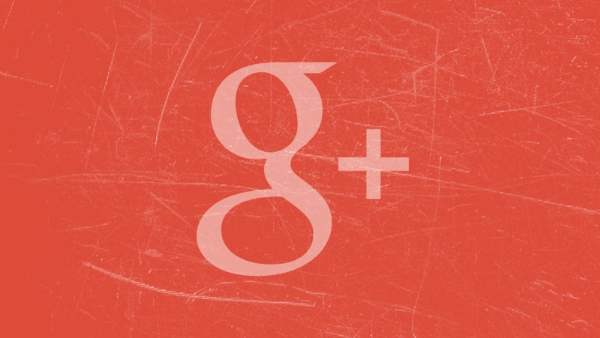
Source: Wikimedia Commons
Facebook has become a bit of a source of conflict among many content marketers as organic reach has plummeted in recent years, however most stick around because the social media platform still has a massive impact when it works.
In an effort to satisfy content creators and marketers, Facebook has introduced a new subpage called Facebook Media that highlights how content can help public figures and organizations connect with their audiences.
Along with sharing success stories, Facebook says they will also share data and best practices which will help other content creators increase the effect of their own Facebook marketing.
The new page, located at media.fb.com, is divided into four categories built around goals typically shared by both content creators and media marketers. Here is a breakdown of each section and what you can find there:
- Engage Fans on Facebook: Here you’ll see how public figures can use tools like Facebook Mentions to reach out to their fans on their Facebook Page. You can also get insight into different types of engaging content you can share on your own page.
- Drive Referrals: In this section you’ll see how to drive referrals by doing things such as sharing links on your Page, adding social sharing buttons to your website, and other best practices. “After Bleacher Report increased the number of posts it shared to its Facebook Page, the site saw a 15X increase in referral traffic from Facebook.”
- Share Videos: This contains information about how to connect with a larger portion of your own Facebook audience with video. It also highlights how using video metrics and call to actions can better engage your audience.
- Integrate TV and Social Content: If you produce content for other mediums like television, this section has information about how to get your TV audience to engage with you on Facebook. “…like the TODAY Show, which featured trending topics on air to highlight the most talked-about news moments on Facebook”.


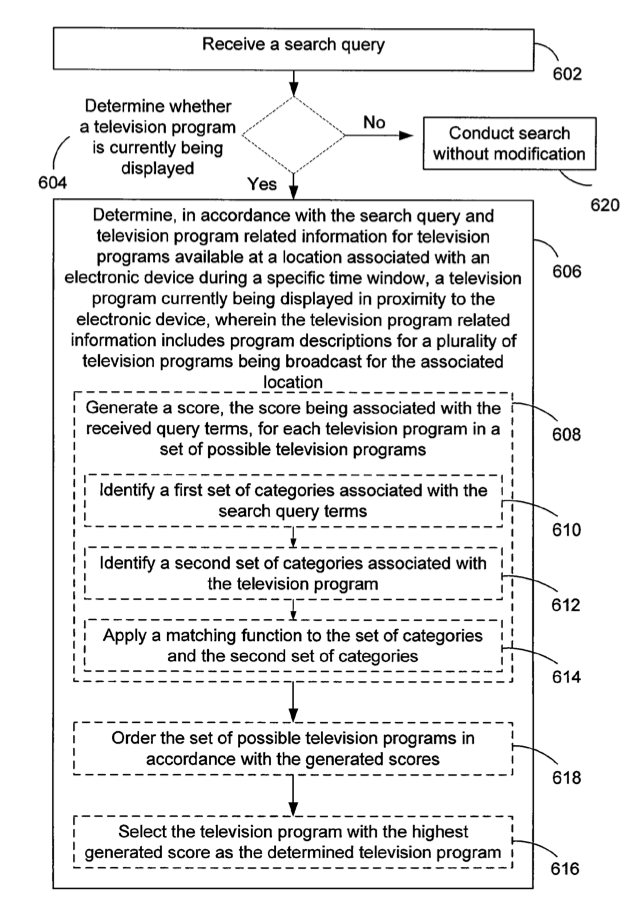
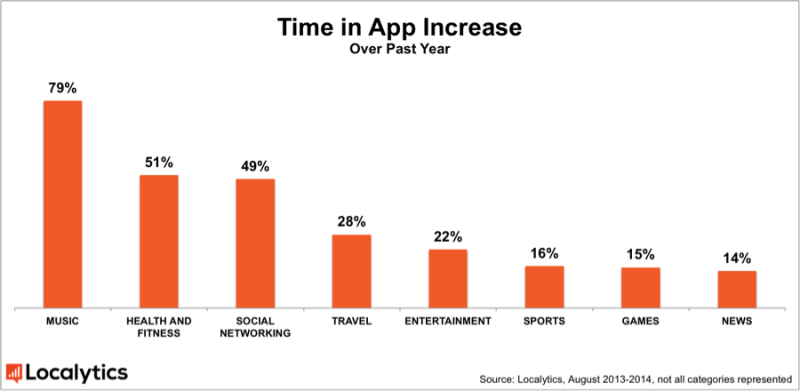
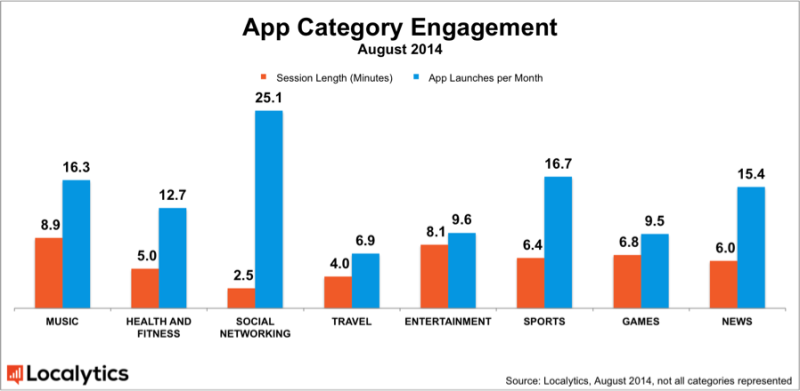
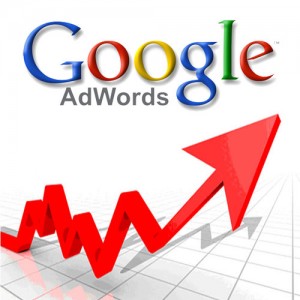 Close to a year after introducing ad extensions and formats to the AdWords Ad Rank formula, Google has announced they will be increasing their visibility as it becomes more and more clear that ad extensions improve ad performance almost universally.
Close to a year after introducing ad extensions and formats to the AdWords Ad Rank formula, Google has announced they will be increasing their visibility as it becomes more and more clear that ad extensions improve ad performance almost universally.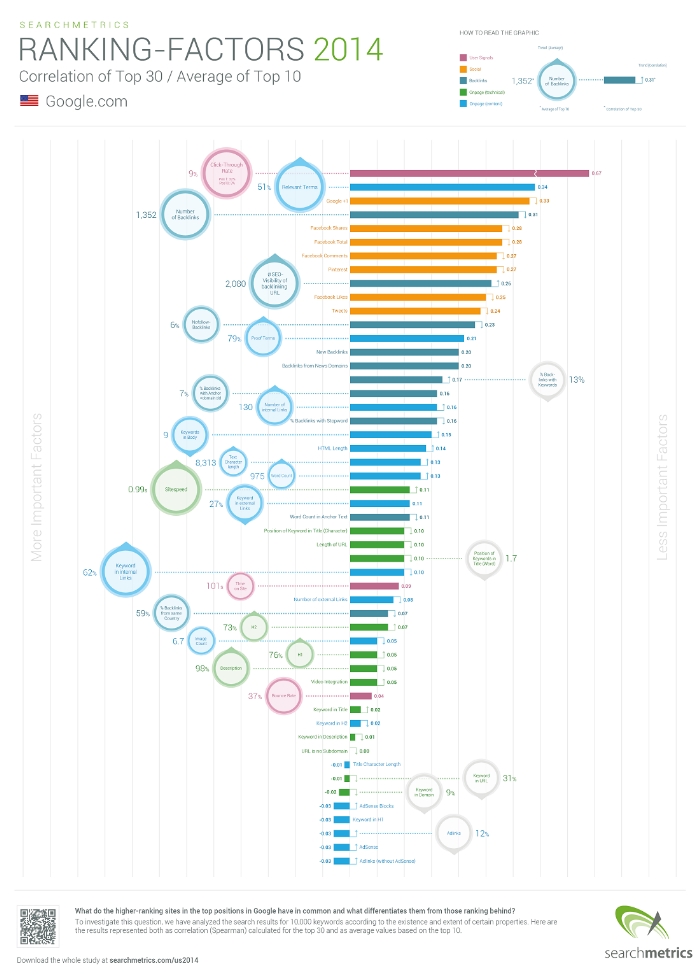
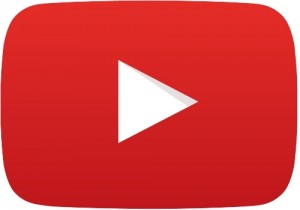 You might assume that the largest social media platform would have the most effective paid advertising platform, but Facebook’s platform doesn’t hold the title according to
You might assume that the largest social media platform would have the most effective paid advertising platform, but Facebook’s platform doesn’t hold the title according to 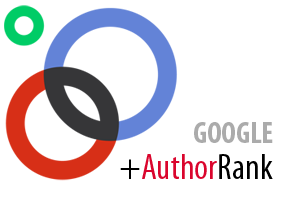 Last week, Google
Last week, Google 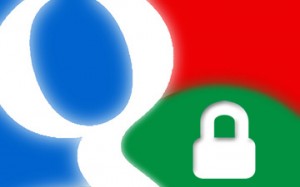 A few weeks ago, Google
A few weeks ago, Google 